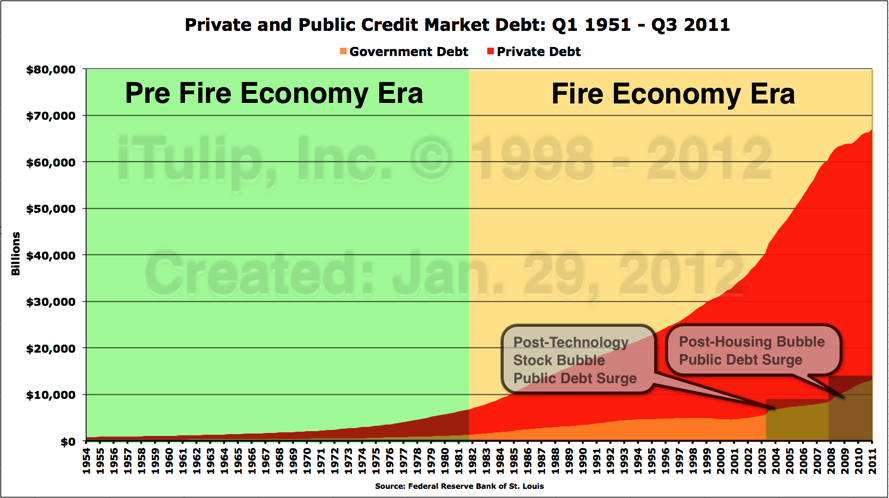Per ZH, must watch:
For 15 minutes of both education and entertainment - this is as good as it gets...
http://www.zerohedge.com/news/ultima...gman-take-down
For 15 minutes of both education and entertainment - this is as good as it gets...
- Starting from around 35:00 the Spanish professor praises and criticizes in a thoughtful and gentle tone
- At around 39:00, he addresses the demand-side description of the world
- Krugman's less-than-happy response (which sparks quite a rowdy argument) begins around 48:20
http://www.zerohedge.com/news/ultima...gman-take-down


Comment